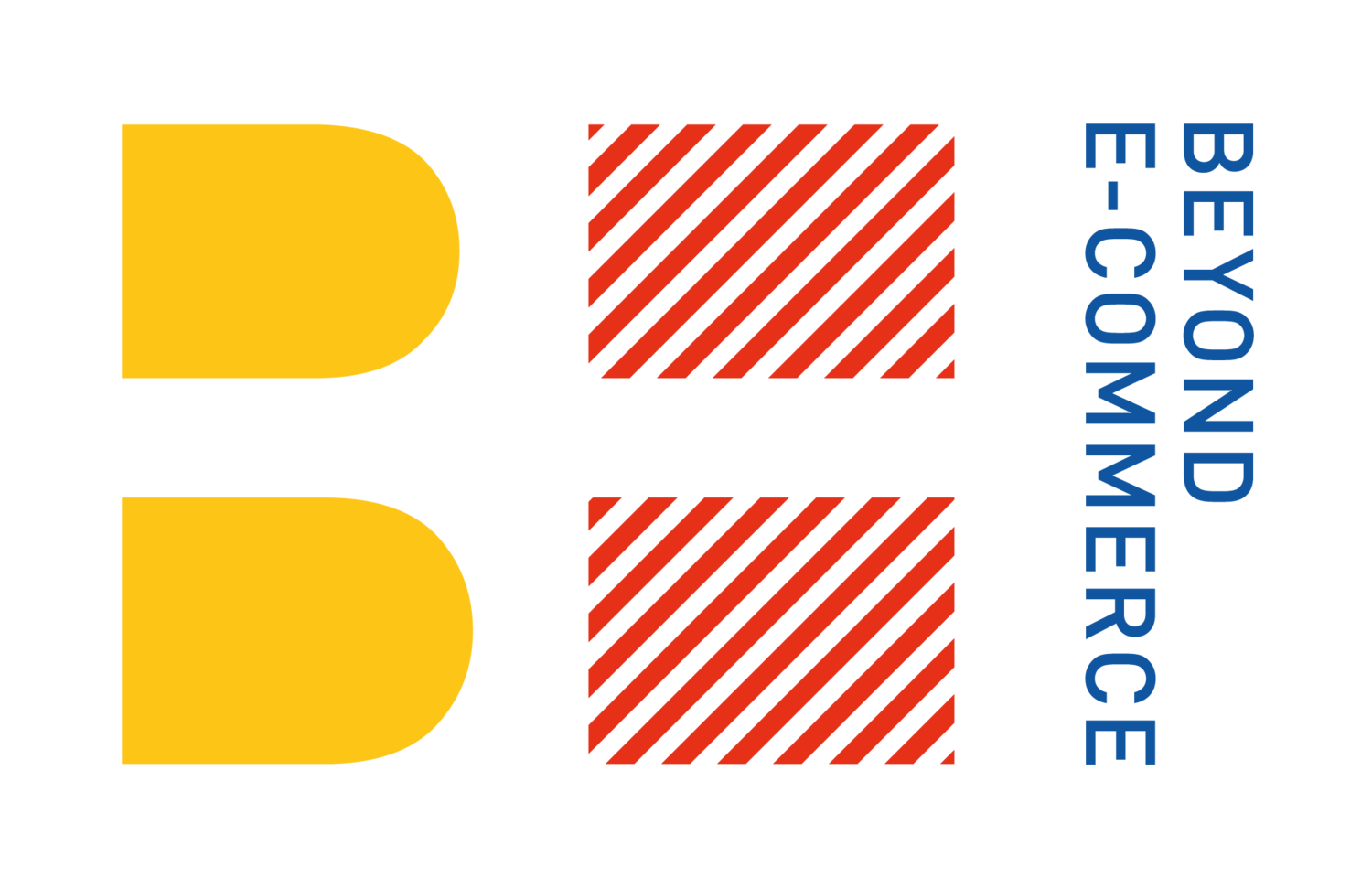E-commerce crisis: cost savings at Zalando and Home24 sale to XXXLutz
The crisis in e-commerce is primarily affecting companies in the fashion sector, which are suffering from overcapacity in logistics and high cost pressure.
Zalando has taken measures to reduce costs by introducing minimum order values and reviewing investment decisions.
Home24 is also undergoing a rethink: the company was acquired by XXXLutz, which has leverage in Purchasing & Co to quickly turn the online business into profit.
E-commerce crisis
The crisis in e-commerce is particularly affecting companies in the fashion sector, which are suffering from very clear symptoms: full inventories, overcapacity in logistics and high cost pressure. Zalando has already taken measures to reduce costs by introducing minimum order values and reviewing investment decisions. There has also been a rethink at Home24: the company was acquired by XXXLutz, which has a solid background in purchasing etc., in order to bring the online business into the profit zone more quickly.
The e-commerce market has experienced enormous growth in recent years. However, this sector has also been affected by the crisis that everyone is talking about. The effects of the crisis are particularly noticeable for companies suffering from overcapacity in logistics and high cost pressure. This text examines the effects of the crisis on two of the best-known e-commerce companies, Zalando and Home24.
How are these companies, known for their success, responding to the challenges of the crisis? What opportunities are there for e-commerce to be successful even in difficult times? In today's world, there is hardly any other sector that is as fast-moving as e-commerce.
Let's first look at the origins of the crisis: an analysis by Salesforce, which evaluates purchasing data from over one billion online shoppers worldwide, shows that e-commerce in Germany has been hit harder than in the rest of the world. Although there is no sign of the crisis bottoming out, the overall market has only seen a manageable decline so far. A real crisis has therefore not yet been priced in, and there is no sign of a new dawn for e-commerce. All heads of e-commerce should therefore continue to focus on lean management and increased caution.
Fashion e-commerce has been hit particularly hard. Very full warehouses, overcapacity in logistics, cost increases and the discount spiral have meant that many companies in the sector can barely survive. The German online fashion retailer Zalando is also struggling in this area. However, Zalando has taken measures to reduce expenses, such as the introduction of minimum order values in all stores. This measure also supports the Plus program, where there are still no minimum order values or shipping costs. Only spontaneous and first-time buyers with (too) low baskets will be asked to pay, while frequent buyers can continue to enjoy Zalando's superior service promise. Zalando has also radically reviewed investment decisions and divested entire business models such as the Zalon styling boxes and the country stores for the sale of second-hand fashion under the Zircle label. These cost-cutting measures are smart in order to sustainably reduce costs.
Home24, a German online furniture retailer on the verge of profitability, is also undergoing a rethink. The company was acquired by XXXLutz for less than half the turnover - a purchase price of EUR 250 million on a turnover of almost EUR 600 million. XXXLutz, an Austrian furniture store that generates billions in sales, has the leverage in Purchasing & Co to quickly turn the online business into profit. In addition, XXXLutz receives a great deal of expertise, such as an outstanding marketplace business based on Mirakl technology. Around 100 Butlers stores also belong to Home24 and therefore also to XXXLutz."
